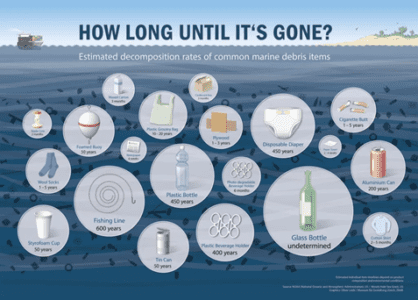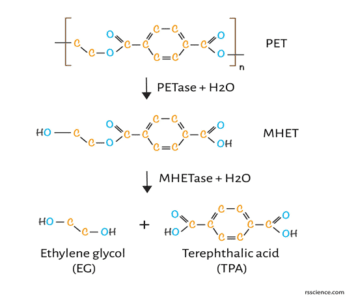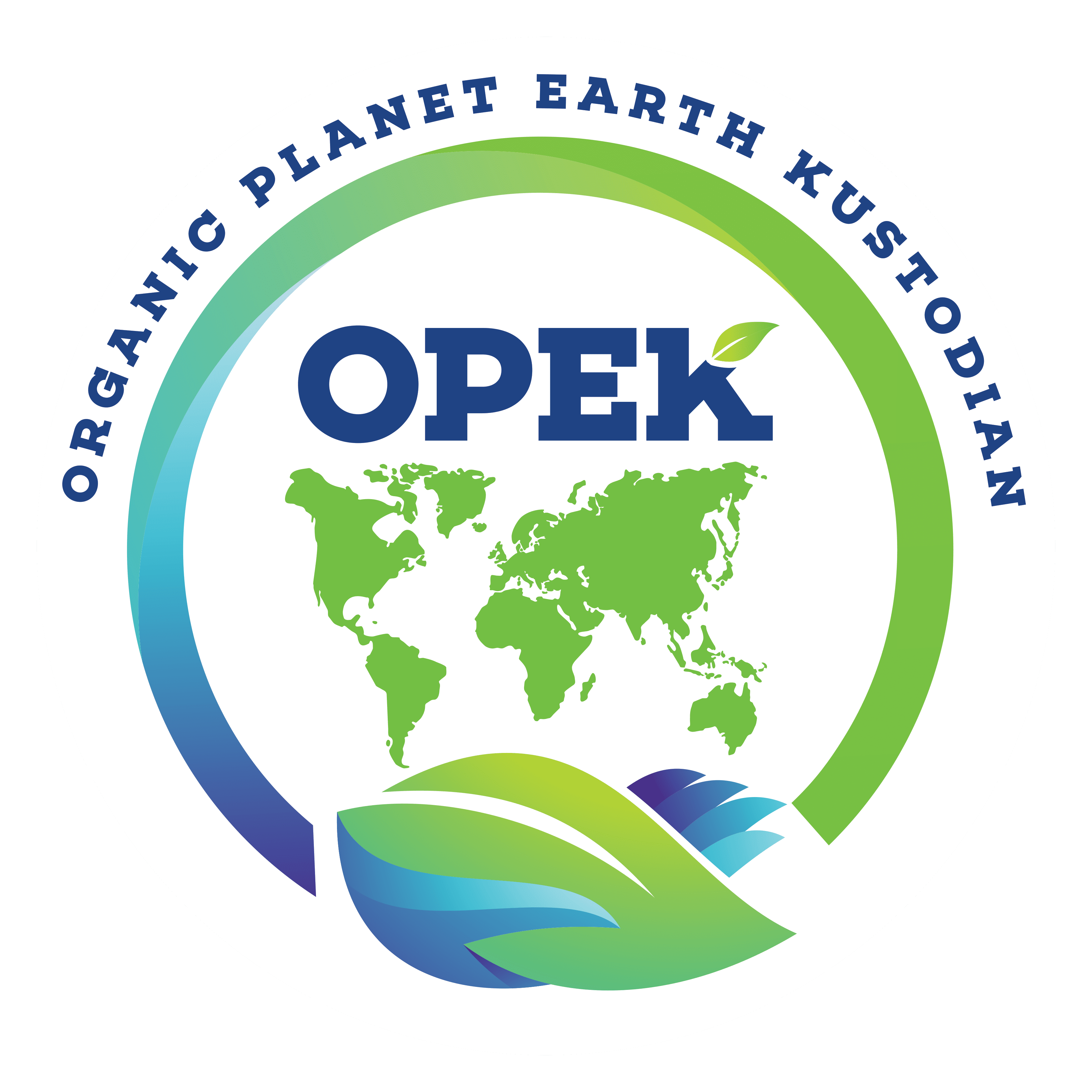Bacteria the Solution for the Plastic Pollution crisis?
Plastic pollution is one of the most pressing environmental issues of our time. The accumulation of petroleum-based plastics is having devastating effects on our environment, wildlife, and human health.

In a recent study published in Scientific Reports, researchers from Nara Institute of Science and Technology revealed a bacterium that is not only able to degrade difficult-to-recycle petroleum-based plastics, but can also sustainably produce more environmentally friendly biodegradable plastics.
Petroleum-based plastics, including poly(ethylene terephthalate) (PET), are extensively used in everyday products, such as single-use plastic bottles, textiles and food wrappers. While such products are disposed of rapidly after use, they persist in the environment for hundreds of years. Although, reducing the manufacture of unnecessary single-use plastics and improving waste management systems will help ease the pollution crisis. Researchers are therefore looking at alternative approaches to “clean up” the more persistent plastics from our environment and it appears that microbes may offer some promising solutions.
“Certain bacteria harbor the necessary enzymes to degrade PET, the most problematic plastic environmentally,” explains senior author Shosuke Yoshida. “Our research has shown that the bacterium Ideonella sakaiensis converts PET into poly(3-hydroxybutyrate) (PHB), a type of poly(hydroxyalkanoate) (PHA) plastic that is biodegradable,”
Many bacteria release enzymes to break down the nutrients that are too large to ingest. The newly discovered bacterium, Ideonella sakaiensis, applied the same strategy. I sakaiensis secretes enzymes called PETase that can break down PET into its most basic units.

The illustration of how plastic-eating bacteria, I. sakaiensis, breaking down PET.
The plastic-eating bacteria, I. sakaiensis, secrete PETase through their long appendages when they grow on PET film. PETase is an enzyme that can break down PET long polymers into simple monomers by breaking down the C-O bond.

This finding is particularly promising because it addresses two current problems for the sustainability of plastics:
- breaking down the most persistent form of petroleum-based plastic
- producing biodegradable plastics via sustainable processes
This novel bacterial approach may be a significant part of the solution for worldwide plastic pollution.
References:
1. Ryoga Fujiwara et al, Direct fermentative conversion of poly(ethylene terephthalate) into poly(hydroxyalkanoate) by Ideonella sakaiensis, Scientific Reports(2021).
2. RSSCIENCE.COM/Plastic-eating -bacteria.


 by
by